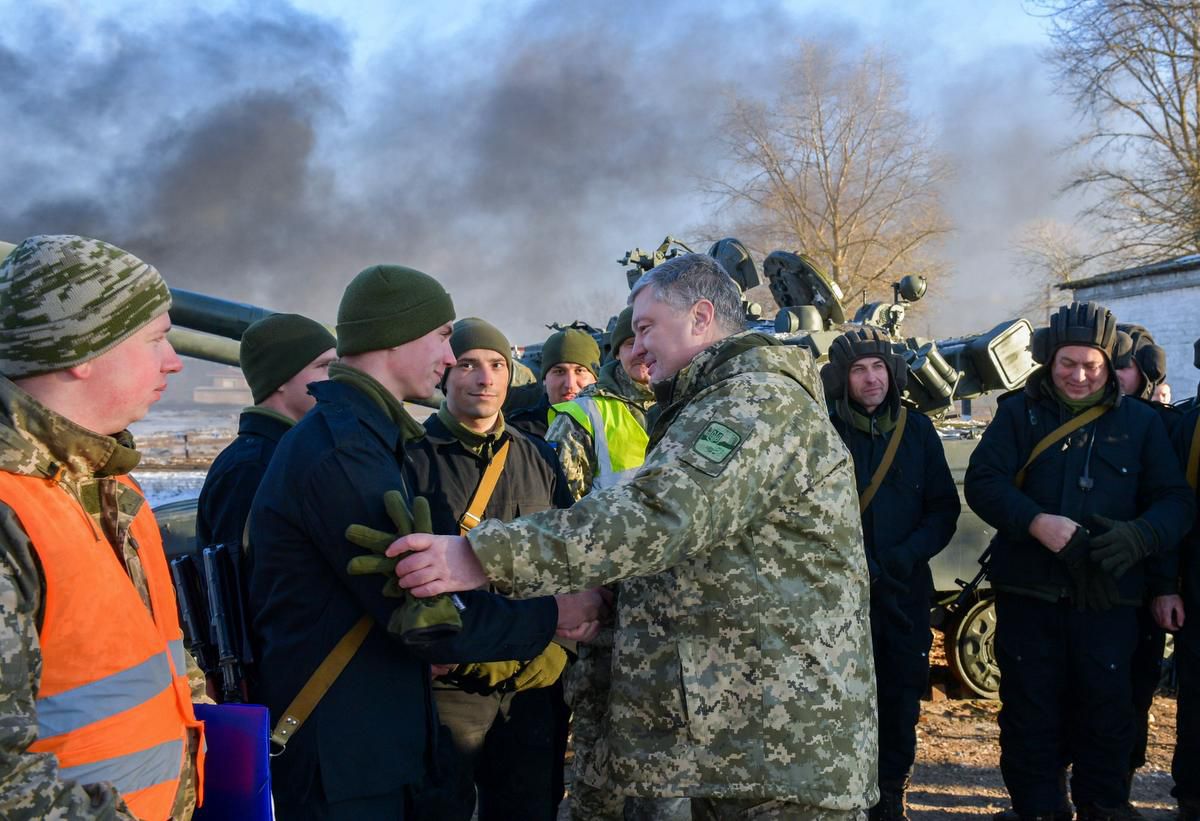Russian Foreign Minister Sergei Lavrov has rejected a proposal from Germany to defuse an ongoing stand-off between Russia and Ukraine over the seizure of Ukrainian vessels and crew off the coast of Crimea.
The Russian foreign minister on Friday said this at an OSCE meeting in Milan.
In November, tensions between Moscow and Kiev flared when Russia captured several Ukrainian naval vessels and detained 24 Ukrainian crew members who were trying to reach the Sea of Azov via Crimea’s Kerch Strait.
In light of the stand-off, German Foreign Minister Heiko Maas proposed on Thursday that the Organisation for Security and Cooperation in Europe (OSCE) expand its observer mission in eastern Ukraine to the Sea of Azov.
The plan was meant to be discussed on Tuesday in Berlin between officials from Germany, France, Russia and Ukraine.
Lavrov, however called the propsal “futile.’’
“There is no need for monitors and mediators in the Sea of Azov and the Kerch Strait.
“Maas and other partners should instead persuade the Americans to come to the negotiating table and start discussing arms control in a concrete way, and not accuse us groundlessly across the Atlantic,’’ Lavrov said.
The U.S. and the EU first slapped sanctions on Russia in 2014 in response to the Kremlin’s annexation of Crimea from Ukraine.
Moscow and Washington are mutually accusing each other of violating the 1987 Intermediate-Range Nuclear Forces Treaty (INF).




 Premier League
Premier League